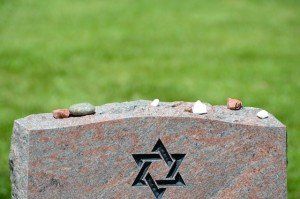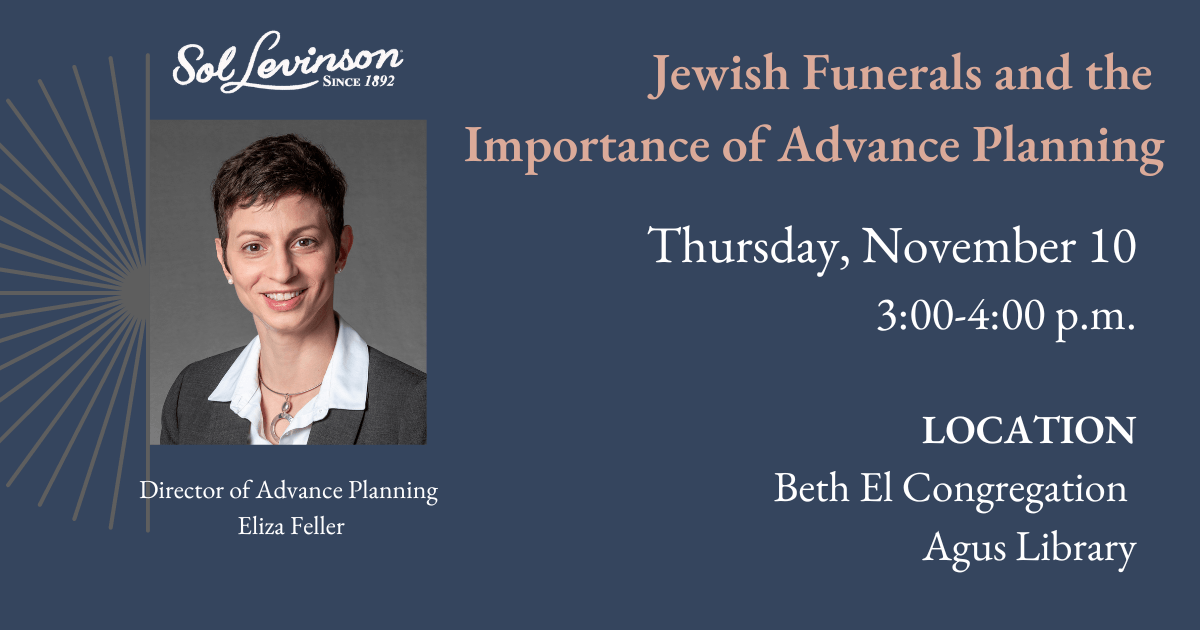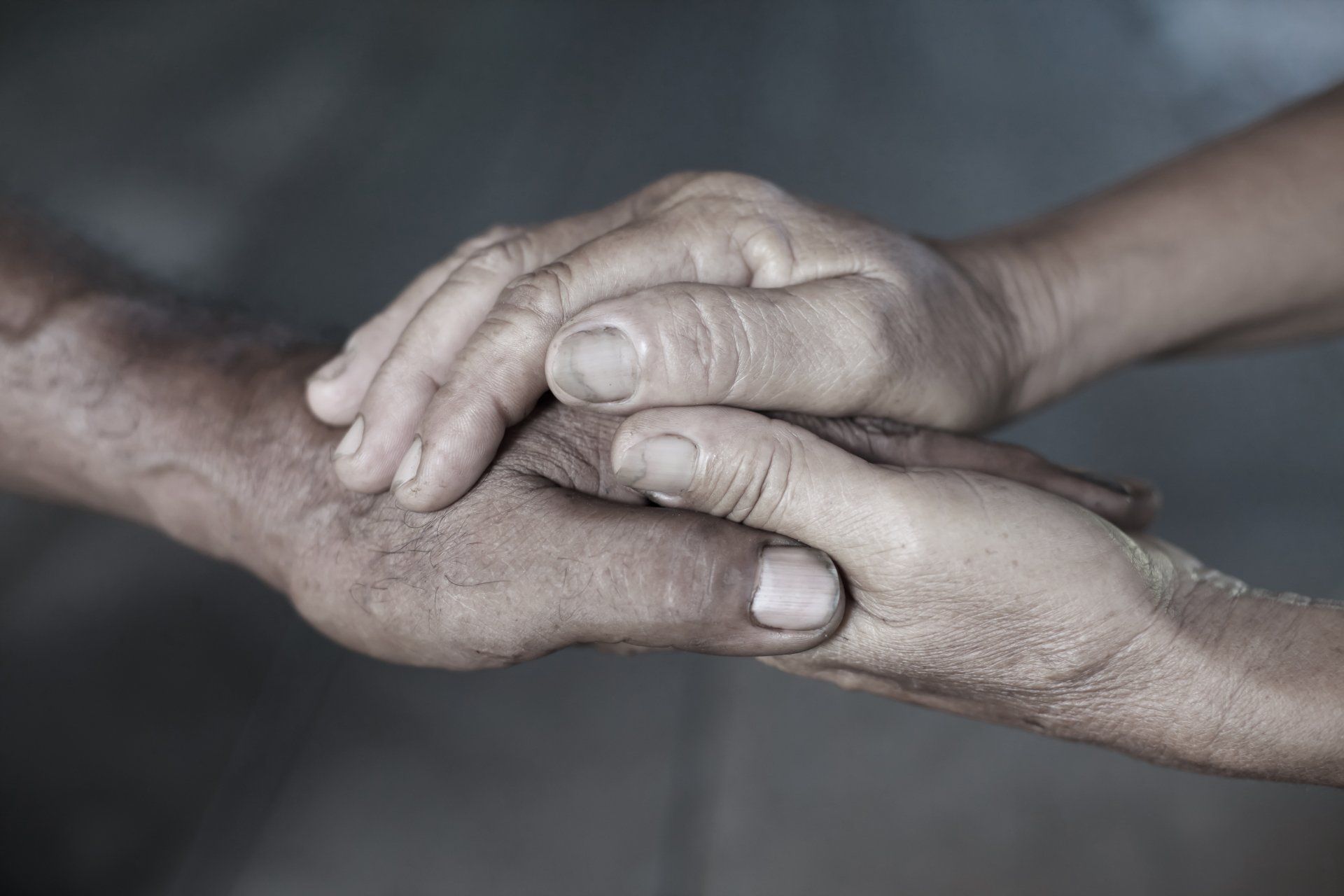



Many articles make note of the fact that as a society we have become distanced from death and dying. Some of this is due to enhanced medical interventions. Often, our loved ones are in hospitals, nursing homes, or hospice facilities during the end-of-life process. We may not be able to stay with them constantly and help them as they transition from life to death, or there may be limits on the number of people who can visit.
However, just as in many other things, Judaism provides some guidance and rituals to help bridge this divide. There are ways to support, comfort, and attend to a loved one on this journey - no matter where they may be. In this article, we rely heavily on the website
Ritualwell. The posts we’ve selected provide explanations of the historical background of our traditions, as well as modern readings that may help bring us and those we love some comfort and peace. You’ll also find some recommendations for how to help friends and family as they go through this emotional and exhausting time.
The Why
To begin with, this post briefly addresses the fundamental ways we are obligated to treat someone nearing the end of their life, and why it is so important to be present with them as much as possible - whether by phone, video call, or in person https://www.ritualwell.org/preparing-death
Resources
There are both formal and alternative prayers and readings that are designed to be read on behalf of a loved one who is ill, with a loved one who is ill, or to provide some peace of mind and comfort to those accompanying a loved one who is dying. This is by no means an exhaustive list, and if you lean toward more spiritual and less observant, we encourage you to read and consider the meaning and importance behind these rituals so that you may inform any rituals you create on your own.
In Conclusion
Judaism provides guidance in this phase of the life cycle and - no matter your level of observance - there are many prayers, readings, and suggestions for either honoring your loved one or supporting the family of someone who is dying. We hope this serves as a starting point for creating connection and comfort.




*Restricted - operating out of Sol Levinson & Bros., Inc.